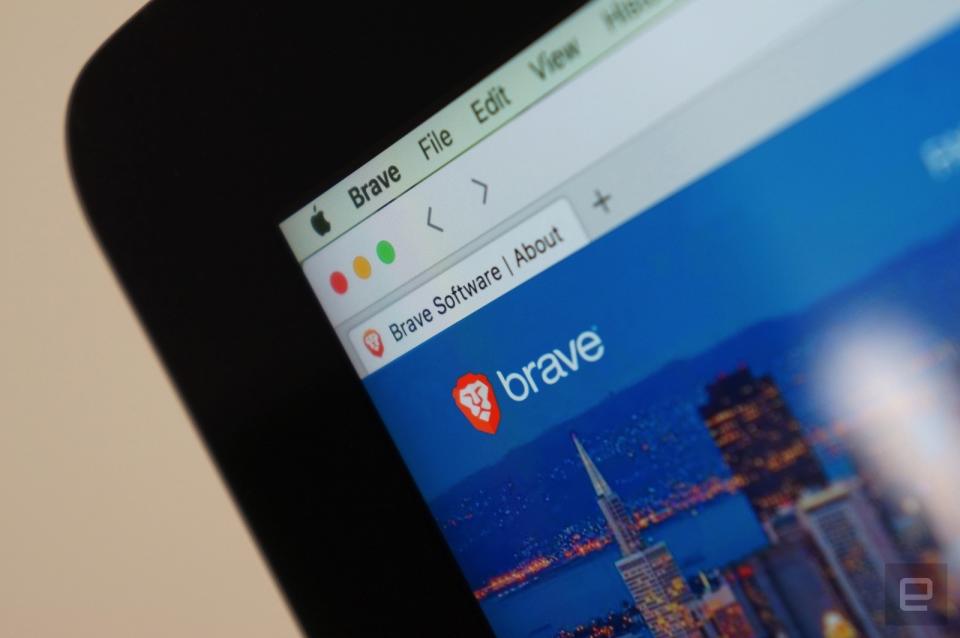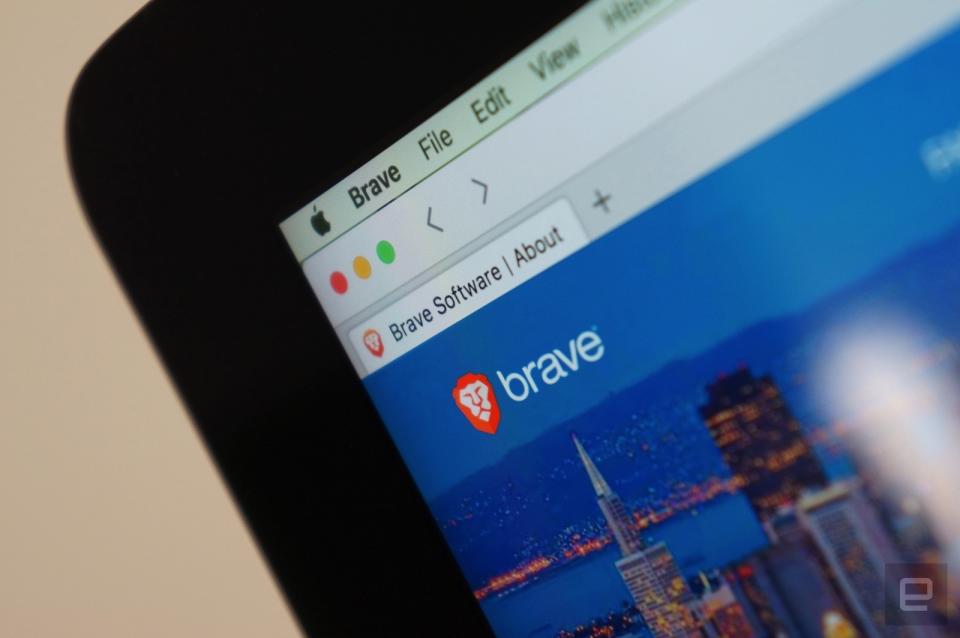Privacy browser Brave pays 'crypto tokens' for watching its ads
You're not gonna be raking it in, though.
Ad-blocking browser Brave is getting ready to test its Basic Attention Token (BAT) platform, which has been designed to reward users for looking at adverts. The company, founded by Mozilla's controversial former CEO Brendan Eich, launched the first phase of its model last year, allowing users to anonymously distribute contributions to their favorite creators. Now, it's testing a version of the browser that shows around 250 prepackaged adverts to users that sign up for early access -- a move that's angered newspaper giants that claim the feature is a violation of copyright.
The key difference between Brave's preselected ads and conventional ads is that Brave's are selected by the browser based on its observation of your viewing habits, but no data is shared outside the browser. Traditional adverts are generated by companies that track your activity from one site to another, building a profile of your interests out of your control.
Eventually, users opting in to what Brave calls its "consent-based digital advertising model" will be paid in the company's crypto-tokens every time they look at or interact with one of these pre-determined adverts. It's not clear how much you'll stand to gain, but a blog post from the company claims users will receive 70 percent of the gross ad revenue. That's not cold hard cash, though. BATs -- which Brave has been throwing around in a bid to get people on board with the model -- can really only be used to donate to your favorite content creators, although Brave says you'll eventually be able to use the tokens to unlock premium, paid-for content.
There's clearly an appetite for this kind of browser. Brave raised $35 million in 30 seconds in a funding round last year, and that was before the Cambridge Analytica scandal threw data privacy and online tracking into the spotlight. The browser is controversial -- the "reward" is lacklustre and publishers will undoubtedly put up a fight -- but it addresses a growing security concern among consumers, and could well represent the beginning of a shift in the long-established online advertising model.


